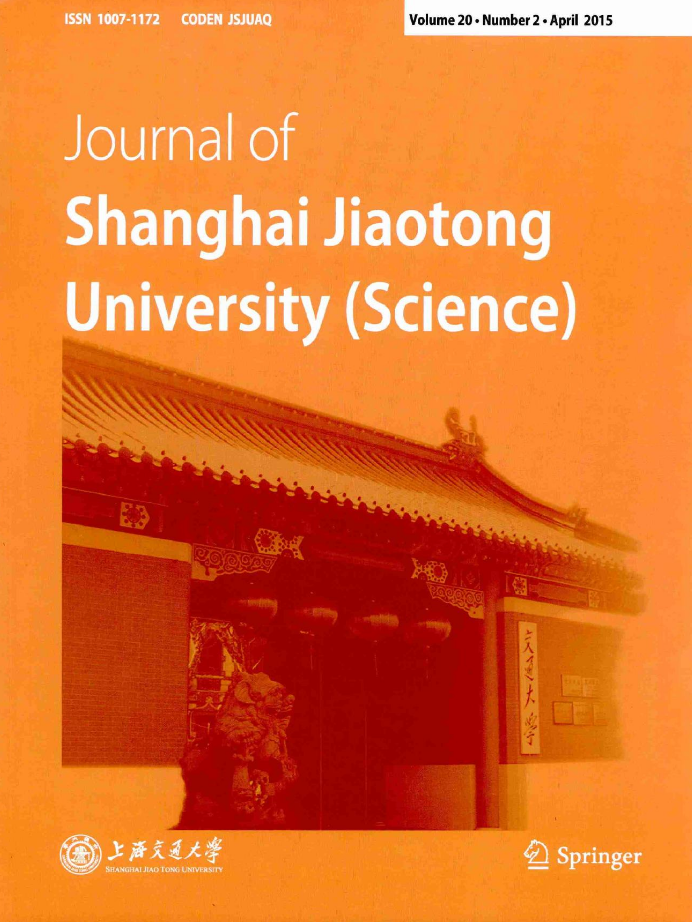For the realization of green communications in cognitive radio ad hoc networks (CRAHNs), selfadaptive and efficient power allocation for secondary users (SUs) is essential. With the distributed and timevarying network topology, it needs to consider how to optimize the throughput and power consuming, avoid the interference to primary users (PUs) and other SUs, and pay attention to the convergence and fairness of the algorithm. In this study, this problem is modeled as a constraint optimization problem. Each SU would adjust its power and corresponding strategy with the goal of maximizing its throughput. By studying the interactions between SUs in power allocation and strategy selection, we introduce best-response dynamics game theory and prove the existence of Nash equilibrium (NE) point for performance analysis. We further design a fully distributed algorithm to make the SUs formulate their strategy based on their utility functions, the strategy and number of neighbors in local area. Compared with the water-filling (WF) algorithm, the proposed scheme can significantly increase convergent speed and average throughput, and decrease the power consuming of SUs.

